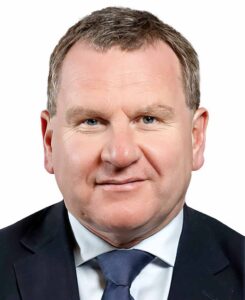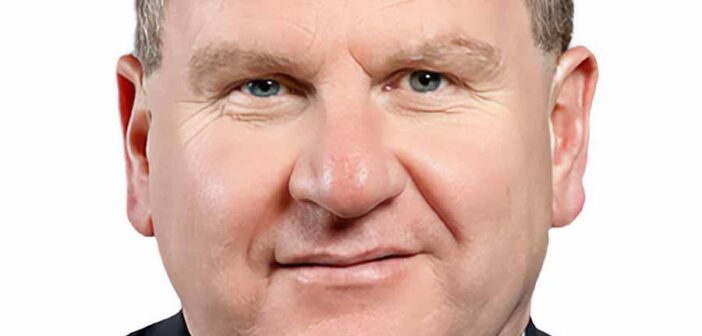
Confidence among firms working in what is termed the “experience economy” has dropped, with 49pc less confident about the economy than six months prior, up from 28pc.
Nearly 80pc of companies anticipate wage increases in the next six months amid ongoing pay pressures. The sector employs over 330,000 people and contributes €4bn annually to the Irish economy.
Of those surveyed, 80pc of businesses plan digital transformation initiatives in the next one to two years for efficiency and customer engagement. Investment in sustainability is set to decrease short-term as firms prioritise cost management, despite stable domestic demand.
The experience economy is defined as a market where businesses intentionally create a memorable, personal experience for their customers that goes beyond the basic products or services offered. This economic model focuses on charging for the feeling and effect an experience has on an individual, viewing experiences as their own distinct category of economic offering. The goal is to build brand loyalty, increase revenue, and differentiate from competitors.
Avine McNally shared “Increased wages, significant labour policy changes, inflation, and rising operating costs have put this critically important sector in a precarious position over the past number of years, resulting in many closures. While the research doesn’t fully capture the boost the sector will receive from the Government’s decision to permanently reduce the Vat rate to 9pc for the hospitality sector beginning July 2026, it is important to appreciate the context of its introduction.”




